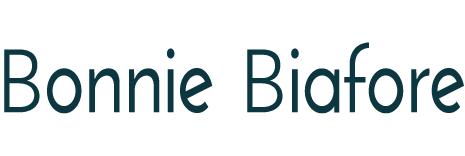The Benefits of Keeping Project Scope Small

Photo by Maxwell Young on Unsplash
Project success is more likely when stakeholders hash out scope early in the project lifecycle. Here are the benefits of discussing (and debating) project scope to make it as small as possible:
- Focus on what is important. Stakeholder discussions about scope reveal which elements of scope are most important. That helps you prioritize scope, which is crucial when you face budget constraints. This debate can also build consensus among your stakeholders. They’re more likely to fight for the right project team members or obtain funds if they have a unified belief in the project’s scope.
- Smaller projects. Designing a project around only the most important requirements will reduce the size of the project. There are many benefits to smaller projects:
- You are more likely to keep critical staff members. The smaller the project, the shorter the timeframe, which reduces the chance of other business priorities taking team members away from your project
- Project benefits can be deployed earlier.
- The project team is more confident that they can make a positive contribution.
- Less complexity. Smaller scope means shorter timeframes and fewer required team members. The benefits of reducing complexity include:
- The number of resources with required skills decreases, so it is easier to staff the project.
- Scope remains relevant. The longer it takes to produce project outcomes, the more likely business needs will change. With shorter projects, the project scope remains relevant, and the project delivers outcomes that still meet business needs.
- Solution design and deployment remain manageable. Complexity can make a solution harder for stakeholders to use, because they have to comprehend the complexity. Technical issues often arise in complex systems. Reducing complexity reduces the project timeframe and increases stakeholder confidence.
- You learn as you go. Delivering scope in smaller chunks helps the project team learn how to efficiently produce project outcomes. Additional scope can be tackled via another small project (or projects). Each of these smaller projects increases the knowledge and ability of the team. This is the premise of agile, where scope is delivered in repeated, small features for the business to deploy. This same learning outcome can come from running a series of small waterfall projects.
Save time and money. With less complexity and shorter schedules, projects with limited scope can save significant time and funding.
For more about project scope, check out my Project Management Foundations course.
Coming Up:
My updated Project Management Foundations course was released recently.
LinkedIn Office Hours on October 27, 2022
Sometimes, the hardest part of innovation isn’t coming up with the great idea. It’s implementing it. Across the organization.
If you are trying to lead your organization in thinking (or doing) differently, you need to balance inspiration and operations. In this engaging and interactive conversation, LinkedIn Instructors Bonnie Biafore (Project Management Foundations) and Robbie Kellman Baxter (Become an Entrepreneur Inside a Company) will share best practices in scaling your great idea throughout your organization.
https://www.linkedin.com/video/event/urn:li:ugcPost:6978746469797244928/
